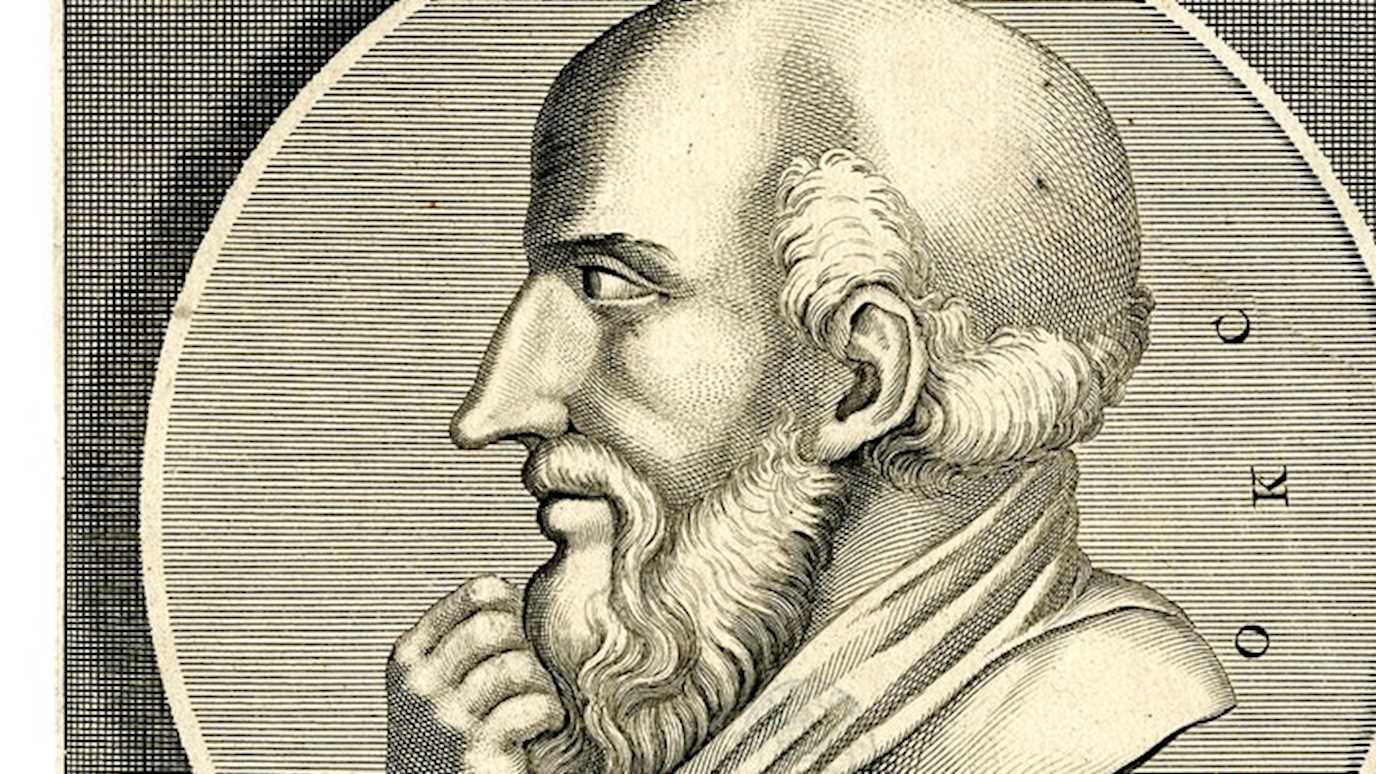The Centre for the Study and Application of Stoicism is a multidisciplinary research centre at Royal Holloway, University of London. It brings together academics in Philosophy, Classics, Psychology, and Business, all concerned with the study of ancient Stoicism and how it might be put into practice today.
Over the last 10-15 years Stoicism has found a large public audience and gained considerable media interest. There are flourishing communities in person and online drawing on ancient Stoic ideas as a guide to how to live well. Stoic ideas are being applied in a wide variety of contexts – counselling, staff wellbeing courses, prisons, schools, elite sports, and more. There is a vast body of anecdotal evidence that Stoic ideas genuinely benefit people in dealing with the stresses and strains of modern life and in the last couple of years the first pieces of published research demonstrating the benefits of Stoicism have been published.
This multidisciplinary research centre will act as a catalyst, bringing together colleagues from a wide range of disciplines and focused on ways in Stoic ideas might be applicable and beneficial in a variety of contexts. Underpinning this will be more traditional research on the ancient philosophy itself.
The Centre is led by Dr John Sellars, Reader in the History of Philosophy in the Department of Politics, International Relations, and Philosophy. For the 2021 REF he submitted an Impact Case Study entitled ‘Increasing mental wellbeing with Stoic philosophy’. This drew on his collaborative work with Modern Stoicism, a non-profit company of which he is a company director and Chair. His academic research focuses on ancient Stoicism and its later reception. His recent research publications include Marcus Aurelius (Routledge, 2021) and Barlaam of Seminara on Stoic Ethics (with C. R. Hogg, Mohr Siebeck, 2022). His trade book Lessons in Stoicism (Penguin, 2019) has been translated into over a dozen languages.
The initial membership includes:
- Maureen Ayikoru, Lecturer in Sustainability and Business Ethics, School of Business and Management
- Gary Brown, Senior Lecturer in Clinical Psychology, Department of Psychology
- Liz Gloyn, Reader in Latin Language and Literature, Department of Classics
- Toby Newson, Lecturer, Department of Psychology
- Simon Oldham, Lecturer in HRM / Organisation Studies, School of Business and Management
- John Sellars, Reader in the History of Philosophy, Department of Politics, International Relations, and Philosophy
For further information about the Centre's activities, visit its dedicated website.
Research Streams
Academic Research
The Centre will pursue traditional academic research on the ancient philosophy of Stoicism, underpinning its wide range of other impactful activities. Both Gloyn and Sellars publish in this area and they are currently co-editing a volume on the Roman Stoic philosopher Musonius Rufus, which will become the first comprehensive volume on Musonius in English. They also run the Royal Holloway Stoic Workshop, a biennial event that will next take place in May 2023.
Psychological Research
The Centre will conduct psychological research into the benefits of Stoic ideas and practices for wellbeing. Led by Brown and Newson, in collaboration with LeBon, the Centre will develop and publish clearer metrics for assessing the impact of Stoicism on wellbeing and conduct trails and experiments within the context of its doctoral training programme. This will put the efficacy of Stoic principles and practices on a much firmer experimental basis.
Business Ethics Training
The Centre will promote and support Stoicism as a framework for thinking about ethics and sustainability within a business context. A first step in February 2023 has been the introduction of Stoic ideas into existing modules on business ethics and sustainability (delivered by Sellars in collaboration with Ayikoru and Oldham). Longer term there may be the opportunity to develop a longer programme in this area. The Centre will support the development of a module on Stoic business ethics that could be taught locally as well as elsewhere.
Environment and Sustainability
The Centre will develop new work on how Stoic ideas and principles can contribute to thinking about sustainability and responses to climate change. Stoicism offer a framework which stresses the interconnectivity of Nature and humans place within and dependence on Nature as a whole. It also offers recourses on how to develop resilience in face of change. Given the current University catalyst on sustainability, this will be an important stream to develop.
























